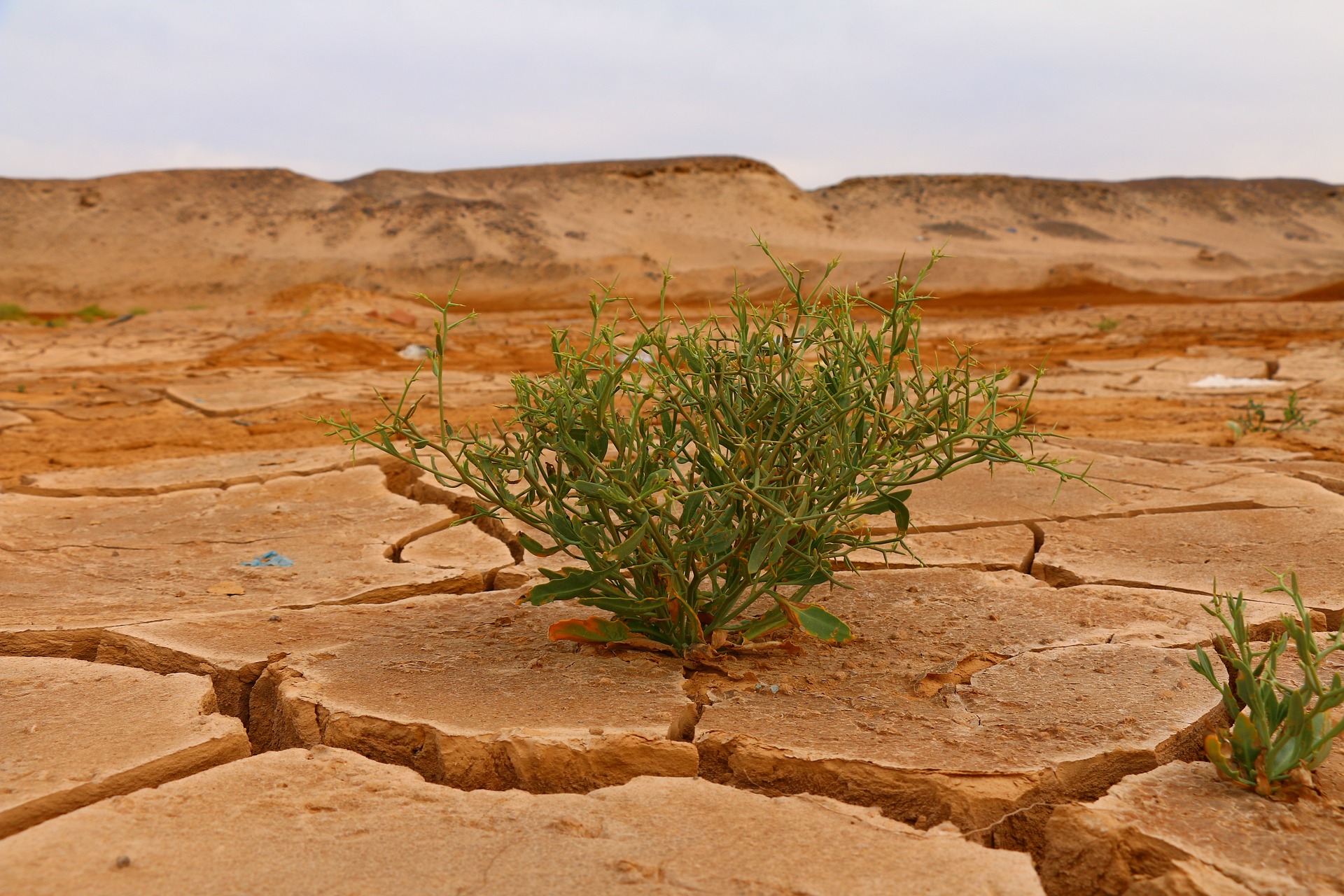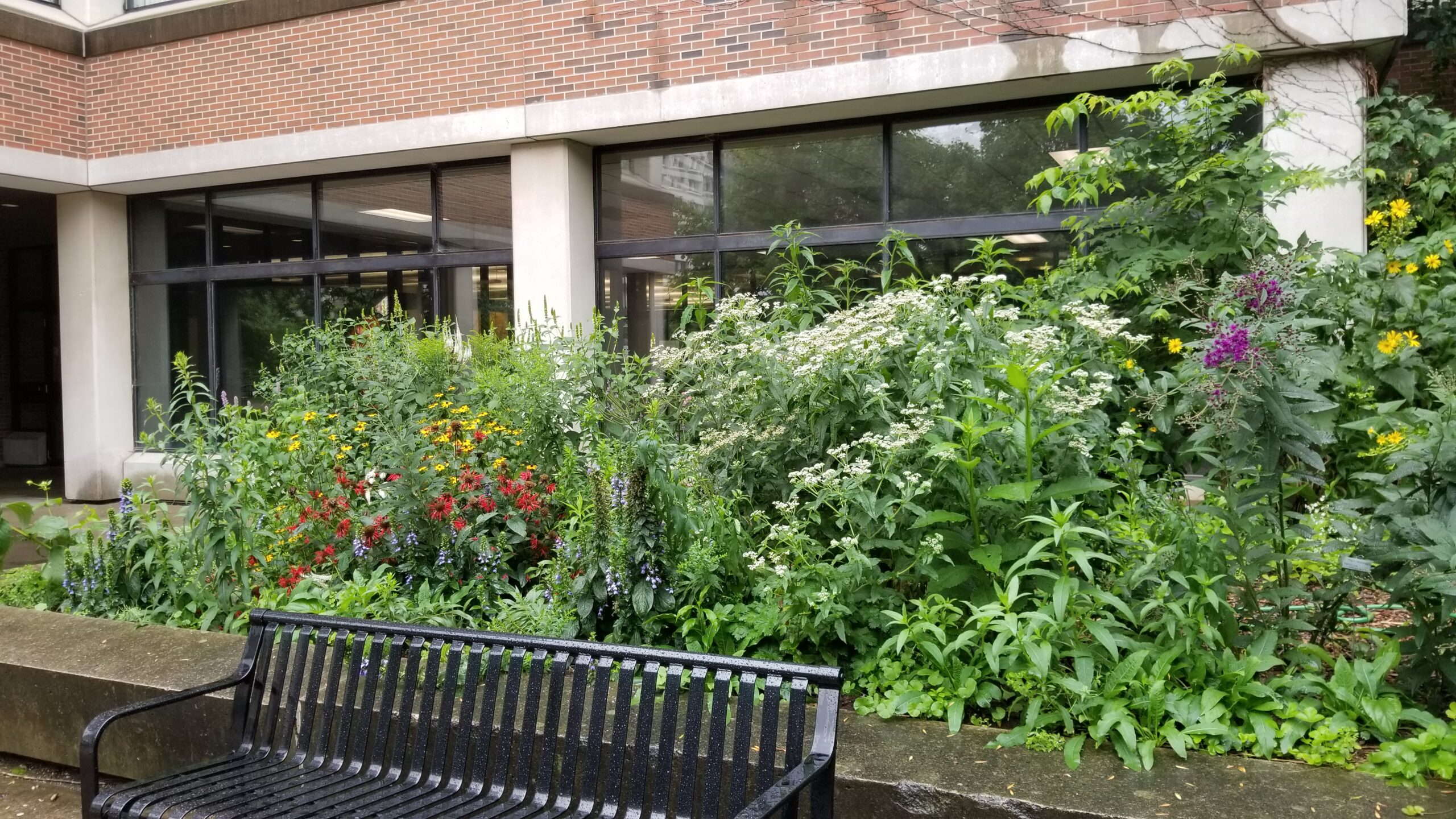
Bee-worthy tips and a garden party for World Bee Day
TORONTO, May 12, 2023 – With pollinators, like bees, pollinating 87 of 115 leading food crops around the globe, protecting them from further decline is important for humans and ecosystems alike. On World Bee Day, May 20, people’s bee-haviour can go a long way towards providing food and creating and preserving bee habitats.
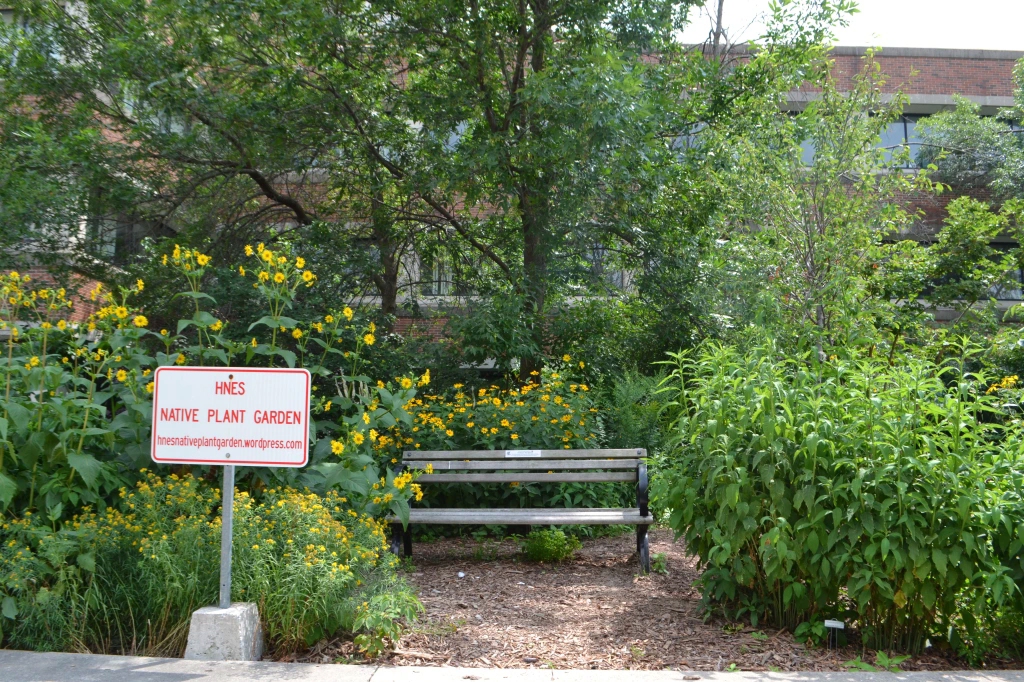
York University’s Centre for Bee Ecology, Evolution and Conservation (BEEc) and its bee researchers can help better understand bees, the risks to their health and what people can do to help.
"Bees are one of the most important groups of pollinators in the world, yet most people are unaware that we have at least 350 species in the GTA alone,” says BEEc Co-ordinator Victoria MacPhail, who received her PhD at York and can talk about bees and how to grow a pollinator garden.
Although most people think of honeybees when they think of bees, there are more than 850 wild bees in Canada and 20,000 worldwide who do much of the pollinating.
To help celebrate bees, BEEc and the Faculty of Environmental & Urban Change (EUC) are hosting a Garden Party, sponsored in part by World Wildlife Fund Canada, to help revitalize York’s Native Plant Garden on Tuesday, May 16, from 2:30 to 5 p.m. Media are invited to the event.
“The EUC Native Plant Garden is an oasis for bees on our campus, providing food, shelter, and nesting sites throughout the year,” says MacPhail. “At BEEc, we have a wealth of free resources and are happy to chat with people about what they can do to help pollinators – from planting native flowers to advocating for increased protections.”
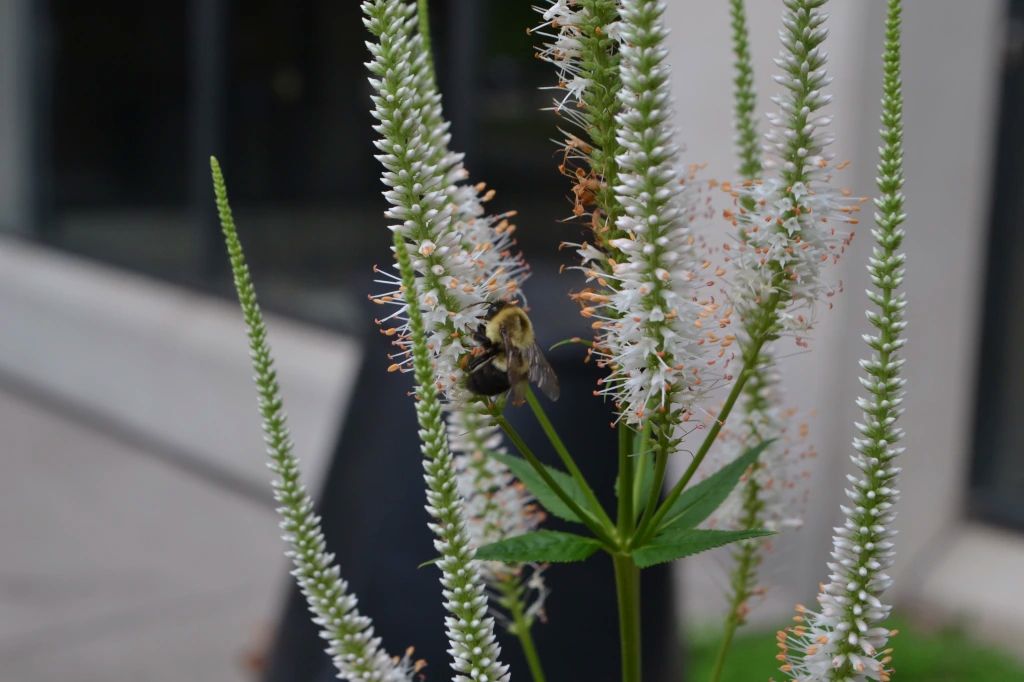
The community can learn more about the highly diverse bee species indigenous to Toronto and Southern Ontario at large, as well as the local flora that they depend on for sustenance. As a part of this hands-on learning experience, guests will be able to contribute to the University’s floral biodiversity by helping to remove invasive species that are less conducive to the health of local pollinators and planting new native species in the EUC native garden.
Examples of bee species that visit the garden range from tiny, smooth, black solitary bees that are only a few millimeters long and can be mistaken for flies or ants, to large, fuzzy bumblebees that can be up to a couple centimeters in size, and whose queens are easily seen this time of year.
“Toronto's official bee, the green metallic sweat bee, Agapostemon virescens, has already been seen nesting in the garden, and we are confident that the upcoming garden party will help to improve the habitat for it and many other wildlife species,” says MacPhail.
In other bee news, a cocktail fundraiser to help endow a fund for EUC graduate students studying bees will take place May 17 in Markham, followed by a Scholars’ Hub virtual seminar on May 18 with a particular focus on bee diversity and why, and how, York has one of the world's best collections of bee specimens on the planet.
Have some buzzworthy questions? Just ask the experts listed below.
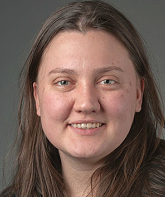
Sandra Rehan, an expert in wild bee genomics, behaviour and conservation and an associate professor in the Faculty of Science, can talk about:
• Loss of plant-pollinator networks and how some plants will now bloom too soon or too late for bees that rely on them
• Are the gut microbiomes of city bees missing key beneficial bacteria?
• Biodiversity conservation and why it’s important
• How maternal care of bee offspring has expanded the social life of bees
• Population and behavioural genomics
• Climate change, land use change and the effects on bees
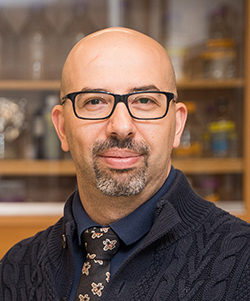
Amro Zayed, an associate professor and expert in honeybee biology and genomics in the Faculty of Science, can talk about the following:
• How bee genes can determine how bees behave, including how good they are at keeping their hive clean and how well they can survive cold winters
• Did western honeybees originate in Asia and why is that important to know?
• How the urban environment can help or hinder bees – think concrete versus green spaces, trees and gardens
• What’s stressing bumblebees? How scientists are using a conservation genomic approach and next generation sequencing to look inside for pathogens and pesticides
• Why are African hybrid honeybees (known as killer honeybees) highly defensive and aggressive?
• Bee health diagnostic tools, what they do and what’s being developed
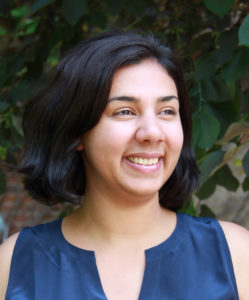
Sheila Colla (via Zoom) of the Faculty of Environmental and Urban Change, co-author of the recent book, A Northern Gardener’s Guide to Native Plants and Pollinators and A Garden for the Rusty-Patched Bumblebee: Creating Habitat for Native Pollinators, can discuss the following:
• What to plant on balconies, in yards and community gardens across Ontario (See Tips on Bee Conservation video)
• How bee diversity is important for climate resiliency
• Connection between native plants and native pollinators
• Importance of citizen science – how people can help scientists keep track of bees and their habitats
• What happened to the Rusty-patched bumblebee and why it’s a tale of what could happen to other bees
• Other bees on the endangered list
• Beyond honeybees and bumble bees. What are sweat bees, carpenter bees and mining bees, and what role do they play?


